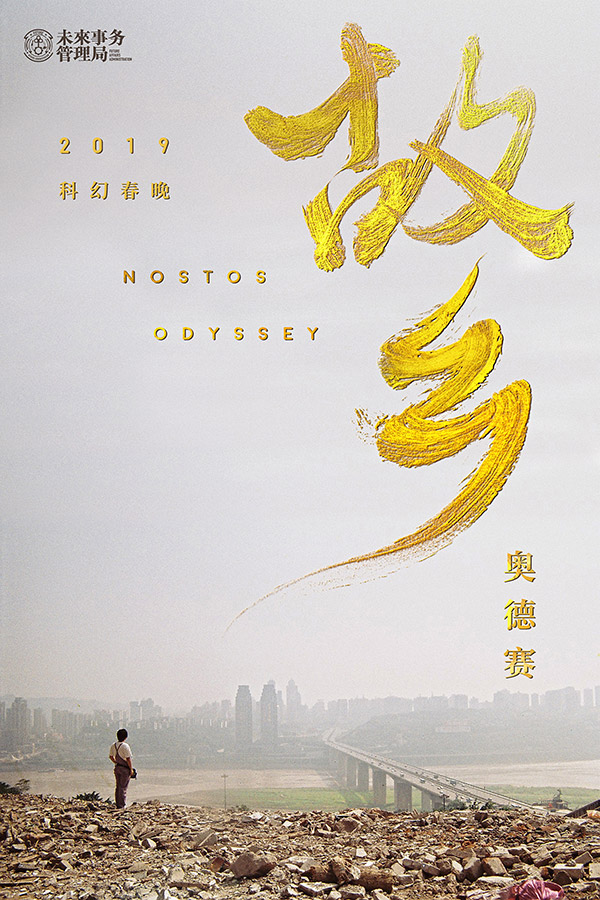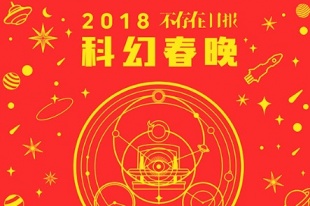Home thoughts from a final frontier


Localizing the content
Reviewing the sci-fi gala in 2017, Chinese novelist Han Song writes: "These works, just like the arrival of aliens, created an unusual scenario for the traditional festival. Experimentally and enlighteningly, they herald the change of times."
Teng, who joined the gala in 2017, says he is deeply impressed with the event.
"In a broad sense, it tries to combine the genre with Chinese elements, aiming to create China's own sci-fi style. So far, it's been quite successful," he says.
In a recent article about the gala, Liu Yao, editor of Bucunzai, echoes Teng.
"We try to create localized Chinese science fiction," Liu says. "In Spring Festival of 2018, we found localized Chinese sci-fi had emerged."
Liu quotes Han Song as saying: "More than 50 sci-fi stories in various styles represent a China that transforms from an agricultural to an industrial and now an information society. From the rural areas to metropolises, space travel, the theory of relativity, quantum mechanics, genetic technology and so on work in reality together with the giant political and economic changes to create wonders."
Efforts to record the change of times can also been seen in recent popular works of mass culture, art and literature. These include the video-creating and sharing app Tik Tok, the food documentary A Bite of China, popular cultural products created by the Palace Museum, art films such as Crosscurrent and Long Day's Journey Into Night and Peter Hessler's books about China, River Town and Country Driving, he writes.
Besides Bucunzai's accounts, tens of other major media platforms such as xinhuanet.com, thepaper.cn and douban.com highlighted these works.
Last year, the total viewing volume of the gala jumped to 10 million from 1.5 million in 2017.
"Our goal this year is higher, since we have more partners and sci-fi has become more popular in China," Ji Shaoting, head of the Future Affairs Administration, which owns Bucunzai, says.





































